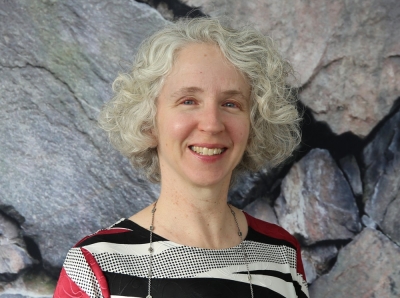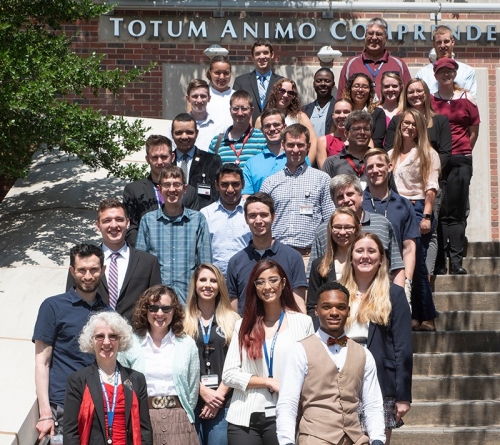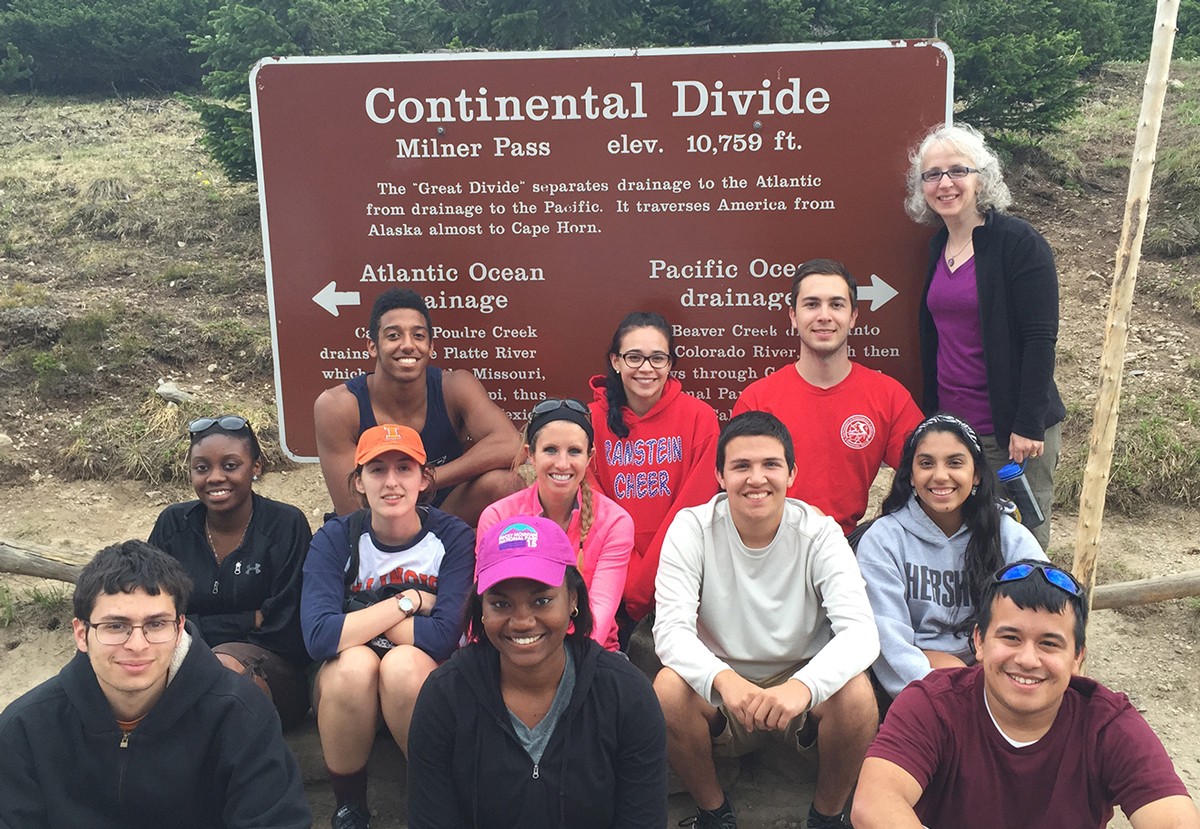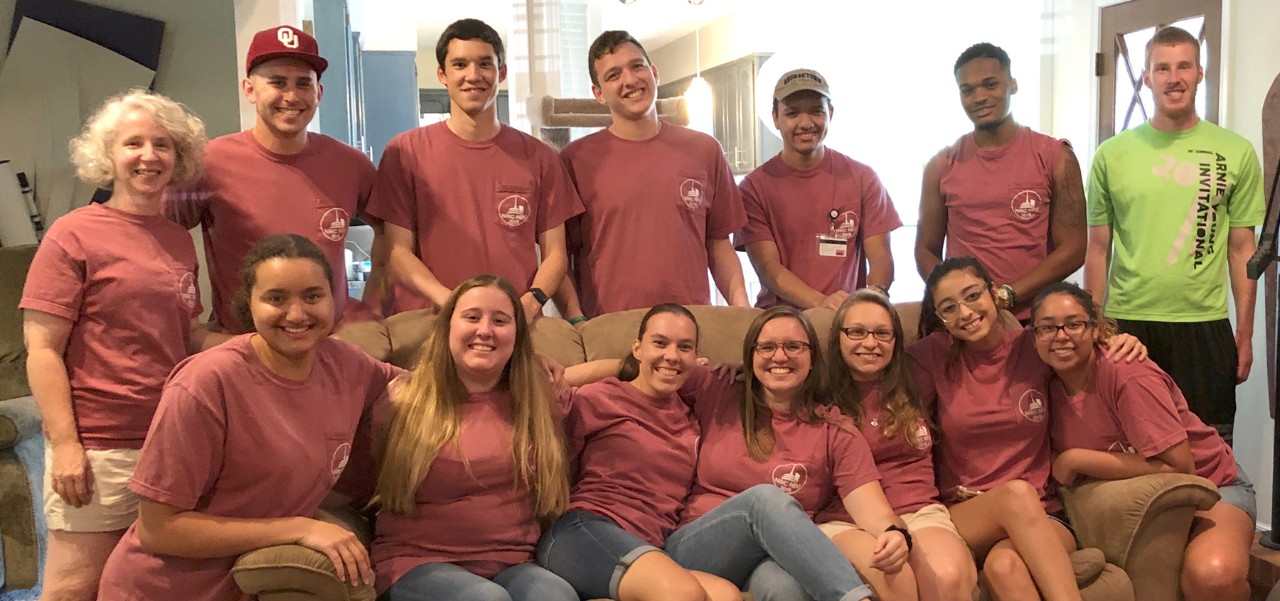Daphne LaDue, a senior research scientist with the Center for Analysis and Prediction of Storms at the University of Oklahoma, has received her fifth National Science Foundation grant to continue the Real-World Research Experiences for Undergraduates in Atmospheric and Geographic Sciences program. This is the seventh NSF grant for CAPS.
In 2016, LaDue was awarded a five-year, $889,591 NSF grant to fund REU. LaDue and Alexandra Marmo, a research associate at CAPS, are co-principal investigators of the new NSF grant of an intended award amount of $1,156,062 and extends funding of the program through February 2026. This new award reflects a step up for this over 23-year-old program, increasing the number of participants by 140% since 2015 and adding several new initiatives.
"When you look at where the participants have gone and what they do now, the REU program that Dr. LaDue has led for the past two decades has been one of the most remarkable success stories in influencing the path that research in meteorology and its relationship with social science in the United States,” said Harold Brooks, senior research scientist, Forecast Research and Development Division, National Oceanic and Atmospheric Association/National Severe Storms Laboratory.
Three new efforts in this grant that evolve the site in exciting new ways, LaDue said:
- Participants will be exposed to the notion of convergent research while also learning Python (an interpreted, high-level and general-purpose programming language) through a new effort being led by David Bodine, research scientist with OU’s Advanced Radar Research Center; Elizabeth Pillar-Little, assistant director and research scientist with OU’s Center for Autonomous Sensing and Sampling; Jeff Basara, associate professor, School of Meteorology; Mark Laufersweiler, OU Libraries and Amanda Schilling, OU Libraries.
- Answering NSF’s call for individual REU programs to build and share resources with other REU programs, Amanda Kis, a lecturer in the School of Meteorology, will lead a new Scientific Writing curriculum development component that will be piloted, improved and shared widely by the end of the grant.
- Finally, the group will leverage its experiences running the 2020 program virtually to continue to offer remote participation as an option for place-based students. These might be students with certain disabilities for whom relocation to Norman for 10 weeks is not feasible or returning adult students with children or other family responsibilities.





